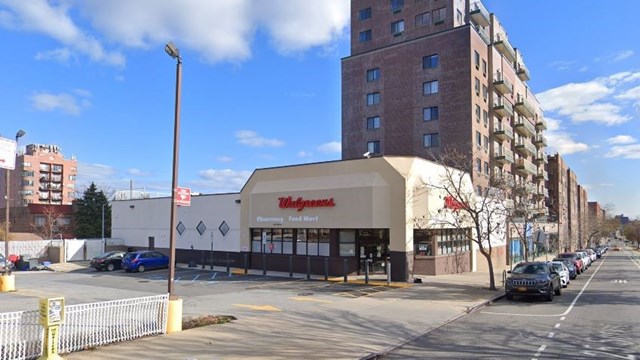The U.S. Treasury Department announced in January that it will begin to track illicit cash purchases of luxury condos in New York and Miami. In New York, the new regulations will apply to cash transactions of $3 million or more. The federal agency cited a New York Times report last year that detailed how deep-pocketed individuals from overseas are buying up luxury residential real estate in Manhattan as a safe place to park their cash.
The influx of foreign money has helped to sustain a boom in luxury condo developments that only very recently has shown signs of cresting. With the federal government nosing around, do condo boards need to be cautious with these international buyers who use Manhattan high rises as their savings account in the sky? The answer is, well, no.
“There’s not a lot of direct impact on boards of buildings,” said Marc Landis, managing partner and real estate department chair of Phillips Nizer LLP in New York City. Boards themselves are not involved in the sale of a unit. Instead, the onus of the Treasury’s new regulations falls on the buyer, who is subject to money laundering criminal penalties, and the title company, which reports the sale. “The title companies have to act, meaning they’re the police officers. They have to do the revealing in the document,” said Adam Leitman Bailey, founding partner of the Manhattan-based law firm of Adam Leitman Bailey P.C.
The federal order (the Treasury does not call it a “regulation”) goes after a niche target if there ever was one. The words “mortgage” or “loan” have no place in this drama. The culprit is money orders: cashier’s checks, traveler's checks, and yes, actual cash. “It does happen. I’ve had closings where they go in a separate room with bags. Remember, all these properties are over $3 million,” said Bailey.
It’s not only the traceless cash that the Treasury sees as a problem, it’s also the nameless owners. Rather than simply wire transfer money to the title company, many foreign buyers set up limited liability companies, so they don’t have to divulge their identity.
Still, boards of luxury buildings have little reason to worry. The only reason boards would be implicated by the regulation would be if they exercised their right of first refusal—which they rarely do—and if they paid more than $3 million in cash to do so, also extremely unlikely.
"It’s primarily a question with newer construction condominiums,
where there may be a significant percentage of non-ownership occupants,"
said Landis. "There are people buying the units for investment
purposes—which would be a very legitimate reason for someone to be in an
LLC, for instance—and they turn around and rent it out. So if you’re
going to a condominium, you’re already making the decision that it’s not
a co-op, and you’re not going to have a board that’s voting on and
vetting your neighbors in the same way."
Co-op buildings in
Manhattan are notoriously exclusive; boards have a great deal of
leeway in deciding who they get to accept and turn away from their
buildings. Condos have far less red tape before signing on the dotted line.
Part of the ambivalence may be that this ultra-rich demographic of international unit owners tends to be very low-key neighbors. "If the apartment next to you is empty because it’s under foreign ownership, and it’s only occupied two weeks a year when somebody’s in town for a shopping spree, you probably are indifferent as to whether the person bought it with 'clean' money or 'dirty money,'" said Landis.
Bottom line: an empty apartment means no drama. “As your attorney, there’s nothing better than someone buying a building and no one living there, because they’re not going to cause any problems,” said Bailey.
Landis says the regulations are not likely to radically affect the high-end condo market, but may help further slow the demand for luxury condo units, which began before the Treasury’s announcement.
What’s next? For now, the Treasury chose to focus on two very select markets in New York and Miami that happen to also be the flashiest. The logical conclusion, said Landis, is to expand the tracking of cash purchases to more markets. For instance, the suburbs. “Why not cover houses in Westchester County or Fairfield County in Connecticut or Bergen County in New Jersey? There’s no difference for using it in other places.”
Tom Lisi is the associate editor of The Cooperator.










2 Comments
Leave a Comment